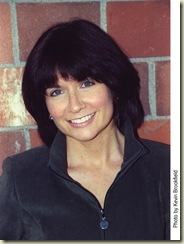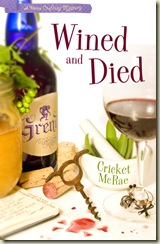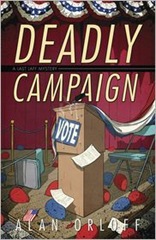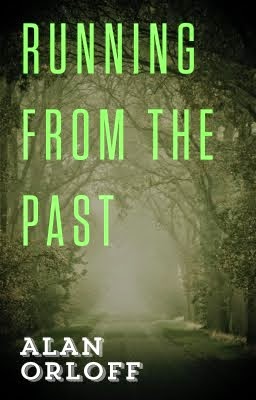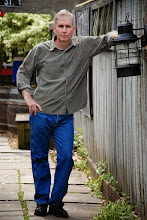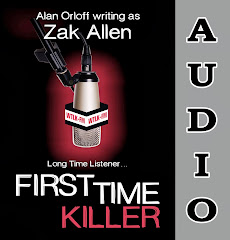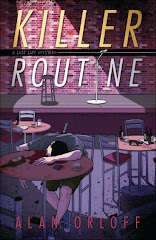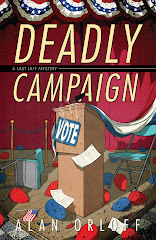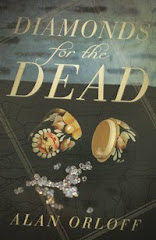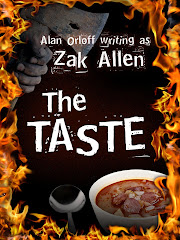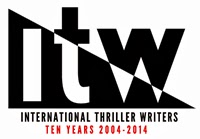The brisk air crackled with unanticipated excitement on the septuagenarian morn; blue-black crows cawed their nervous greetings above the ever-rolling hills, purveyors of nuisance. Beyond the craggy, distant, snow-covered, imposing peaks,—
Muse: Stop. Please stop.
—a plume of wispy smoke wisped up to the azure sky, signaling—
Muse: Oh, stop, stop, stop, STOP!
Me: What?
Muse: What are you doing?
Me: Writing a scene. Why?
Muse: I step out for a minute to stretch my legs and this is what happens? What’s with all the adjectives? And dude, use a dictionary.
Me: I thought I’d try something different.
Muse: We’ve been through this. Your readers don’t want different. They want you. Your voice. Writing what you write. No space aliens. No romance novels. No vampires.
Me: What’s wrong with vampires? They’re popular, you know.
Muse: There’s nothing wrong with vampires. But you’ve never bitten about vampires before.
Me: Hey, I’m the writer; you’re just here for inspiration. Please leave the wordplay to me.
Muse: See what happens when you try something new?
Me: Point taken. So you’re saying to stick to what I do best.
Muse: Exactly.
Me: Like simple sentences with simple words? Sentence fragments? One adjective per page? Stories about normal people in sticky situations?
Muse: It’s what your readers want. Frankly, you can’t handle much more than that.
Me: So no stories about talking trees? I was hoping to branch out.
Muse: Maybe we should both lay off the wordplay.
Me: Agreed.
Muse: Take your Last Laff mystery series. Please.
Me: Of all the muses I could get, I’m blessed with Henny Youngman? I thought we were going to stop the funny-biz.
Muse: Sorry. But seriously, in that series, you’ve taken a fairly normal protagonist, at least for a stand-up comic, and put him into a sticky situation. That’s what your readers expect from you. That’s what will make them happy.
Me: Not my sense of humor?
Muse: You’re lucky it’s not that. In your books, there’s some humor, but they’re primarily suspense/mystery stories. The humor is just a backdrop. At least that’s what you’ve been telling me.
Me: So what should I do if I feel the burning desire to write in another genre?
Muse: Try to quench it.
Me: And if I can’t?
Muse: That’s what pseudonyms are for. And personal journals. And Twitter. And epublishing.
Me: Oh.
Muse: One more thing. According to my union, it’s one muse per genre. So you and I would have to part company. And I know you don’t want that.
Me:
Muse: Well?
Me: Is my next muse likely to be funnier than you? Or at least nicer?
Muse: No.
Me: Okay, then. Let’s get back to work.
What about you, writers? Have you had the urge to write something in another genre? What’s been your solution?
(BTW, that’s a picture of my muse working a pool party on his day off. I guess I don’t pay him enough.)
This entry is “simul-posted” on InkSpot
